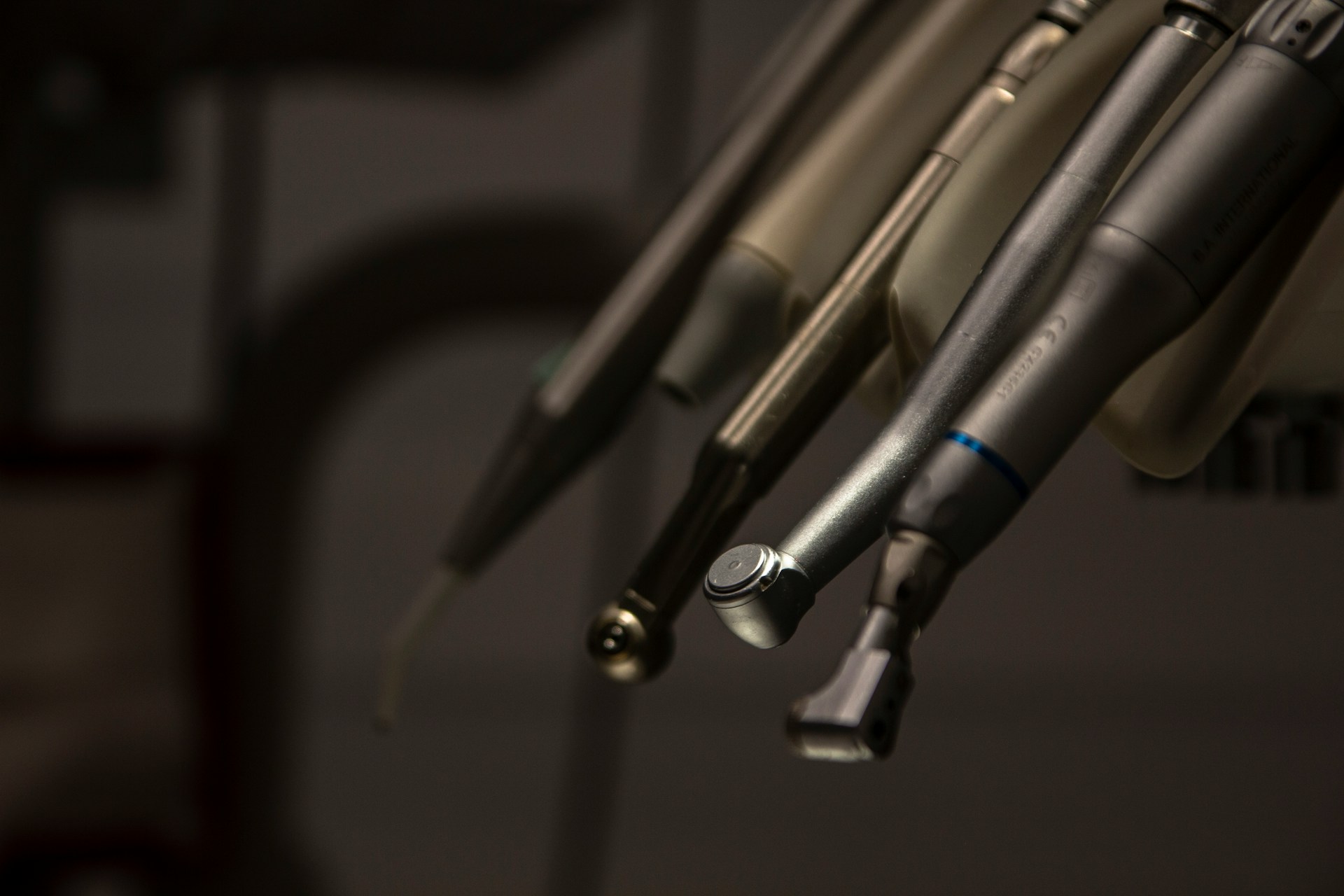
06 Apr Common Types of Dental Emergencies
Due to federal COVID-19 guidelines, the Arizona Dental Association (AzDA) has recommended that all Arizona dentists remain open for dental emergencies only. This is in an effort to conserve personal protective equipment and to keep dental patients out of emergency rooms. Our team at Hicks Dental in Prescott has put together this list of some of the common types of dental emergencies to help you determine if you should come in for an emergency dental appointment.
1. Losing a crown or filling
Dental fillings and crowns can actually fall out, either due to wear and tear from chewing, or new cavity formation. If this happens you may experience sensitivity and deterioration of the affected tooth.
If you lose a crown or filling, rinse your mouth with warm water and take over-the-counter pain medication if needed. If you lose a crown, be sure to keep it if you can find it. Avoid chewing on the affected side. Be sure to call us and schedule an appointment as soon as you can.
2. Dental abscess
An abscess is a pocket of pus that builds up around the root of a tooth or in the gum tissue. They are very serious and can become life-threatening if left untreated. If you are experiencing any of the following symptoms be sure to come see us immediately.
- Severe pain or throbbing in the mouth or jaw
- Tooth sensitivity
- Fever
- Swelling
- Swollen lymph nodes
- Foul taste in the mouth
- Difficulty breathing or swallowing
Once you have called us, you can try to relieve the pain and draw the pus out, by rinsing your mouth with a mild salt-water solution of 1/2 teaspoon of table salt in 8 ounces of water.
3. Toothache
If you have continuous tooth pain, it could be a result of a number of dental issues. For this reason, you should give us a call immediately. In the meantime, swish with warm water to help alleviate the pain and to dislodge anything that may be stuck between your teeth causing the pain. Then apply a cold compress to the outside of your mouth over the painful area. You should never apply a painkiller directly to the area that hurts, as this can do more harm than good. Some causes of severe toothaches include:
- Decay
- Gum disease
- Exposed roots
- Tooth abscess
- Chipped tooth
- Impacted tooth
4. Broken or knocked-out tooth
If you have a chipped or broken tooth, swish with warm water right away to prevent infection and alleviate pain. Then apply a cold compress to the outside of your cheek to alleviate pain and swelling. For a permanent or adult tooth that comes out completely, try to keep it moist. If possible, try placing the tooth back in the socket ensuring not to touch the root. Otherwise, hold it in between your cheek and gums or place it in a container of milk. Then be sure to call us as soon as possible.
Give us a Call
If you are experiencing any of the above types of dental emergencies or you have bleeding in your mouth that you can’t stop, contact us right away. If you are experiencing a dental issue and you aren’t sure if it is an emergency, give us a call and we can help you determine whether or not you should be seen. Go here for a letter to our patients regarding COVID-19. In the meantime, we hope you and your families stay safe and healthy and we look forward to seeing all of our patients again as soon as possible.
Images used under creative commons license – commercial use (11/23/24). Photo by Ozkan Guner on Unsplash

